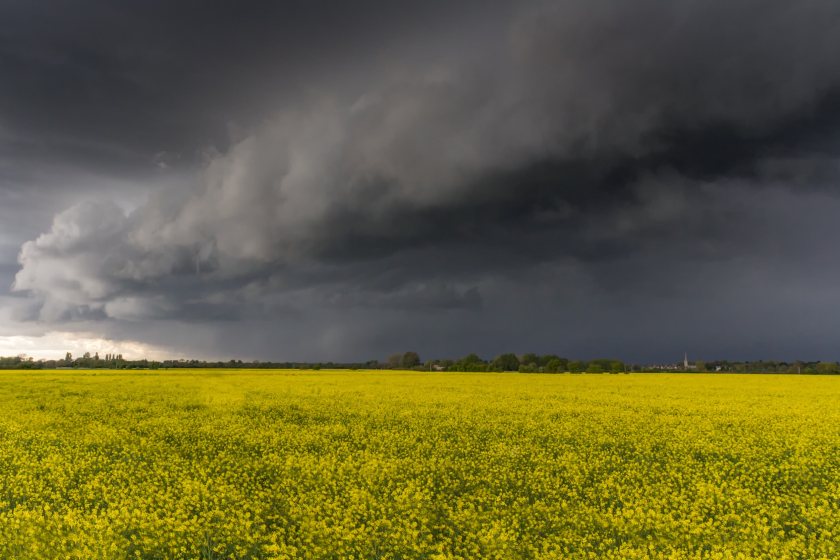
Growers and breeders are facing post-Brexit difficulty when importing or exporting oilseed rape seed, whether that’s for research or cropping purposes, the sector has warned.
New rules which came into effect during April are now causing the uncertainty and delays which oilseed rape growers and plant breeders had feared.
The latest issued to be affected are the crucial imports of oilseed rape seed for the imminent official trials of new varieties.
As part of the Border Target Operating Model, since 30 April, some seed entering the UK is regarded as ‘high-risk’ and faces inspections and delays at a border control point (BCP).
That seed cannot be released for transport to its destination until the results of any inspections are known and clearance has been granted.
The British Society of Plant Breeders (BSPB) said this was especially problematic for some seed, whether that’s high-value and perishable seed like tomatoes, or seed which required a rapid turnaround from harvest to sowing like oilseed rape (OSR).
Defra was previously asked to review the arrangements, and in particular the need for seed to be held at the boarder pending the result of any tests – this could take many days or weeks for some varieties.
The BSPB also said the new procedures added extra layers of complexity to seed movements, with one example being how growers are having to check facilities and capacity at each port prior to importing seeds.
A BSPB spokesperson warned: "All this adds cost and reduces the ability of growers and supply chains to react to their markets.
"It also adds uncertainty, especially in the case of the conditions the seed will be held in, and those conditions can be crucial for subsequent good germination."
Until last April, for the last three years since Brexit, seed has been able to be inspected but moved to the point of destination to be held pending results.
But the move away from this alone has profound implications for the plant breeding and seed sector already dealing with many Brexit related difficulties, the BSPB said.
In the latest example, it’s new varieties of OSR which are being affected. The deadline for seeds to be ready for the official oilseed rape DUS and VCU trials this year is 10 August.
However, consignments of seed coming from the EU have been held and delayed at UK BCPs, and it is not known if the seed will get to the site in time.
Those official trials ensure new varieties are distinct, uniform, and stable as well as providing reassurance to growers about their value for cultivation.
The trials are seen as essential for growers to be able to access the latest and best varieties, because unless a new variety passes DUS and VCU, it cannot be marketed.
If a variety misses the deadline, the BSPB said it could delay it reaching the market by a year, but the society added that it also caused problems for the wider operation of the trials.
"The last thing this country needs is for more breeders to decide moving seed to the UK to too much trouble," the spokesperson added.
"We hear examples of this happening, and UK farmers, growers, and supply chains are missing out on the latest genetic innovation.
"OSR is a crop already under pressure, and there are some worrying forecasts about how much might be grown next year – trade barriers shouldn’t compound that."
